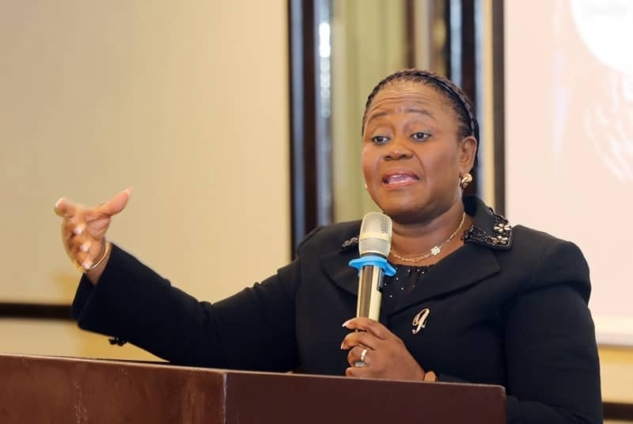adverts
Chief Justice Torkornoo calls for reforms in handling land cases and court documents
Chief Justice Gertrude Araba Esaaba Sackey Torkornoo has voiced concerns over the mishandling of land litigation cases in Ghana’s courts, highlighting corrupt practices by some Judicial Service staff involved in land documentation.
According to Chief Justice Torkornoo, certain court employees have been manipulating land-related documents in exchange for bribes, skewing cases in favour of those who pay.
She condemned this unethical behaviour and called for immediate reforms to end such practices, stressing that they undermine trust in the judiciary.
adverts
During an address to judicial service staff in Cape Coast, marking the 50th anniversary of the Judicial Service Staff Association, Justice Torkornoo emphasised the need for greater accountability and integrity within the judiciary.
She urged staff to uphold high standards of public service and actively work to eliminate the perception of corruption.
The Chief Justice also expressed concern about the increasing involvement of some court staff in criminal activities.
She revealed that staff have been producing fake divorce documents and fraudulent letters of administration, which are used to access the funds of deceased individuals, depriving legitimate beneficiaries of their rightful inheritance.
In her address, Justice Torkornoo warned those engaged in such criminal actions to stop immediately.
She stressed that these practices not only delay the delivery of justice but also damage the reputation of the judicial system, urging all judicial staff to commit to ethical behaviour and uphold the principles of fairness and transparency in their work.


